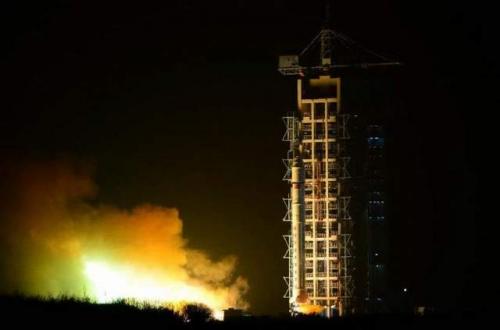 Turkey has approved construction of its first satellite launching center to cater for the country’s mushrooming satellite programs.
Turkey has approved construction of its first satellite launching center to cater for the country’s mushrooming satellite programs.
But Ankara’s western allies worry that the Turks intend to use their own launching pad to fire the long-range missiles they hope to build in the medium- to long-run.
Turkey’s procurement agency, the Undersecretariat for Defense Industries (SSM), in early July signed a contract with the country’s national missile manufacturer, Roketsan, to build the Turkish Satellite Launching System (UFS) for pre-conceptual design work.
Under the contract, Roketsan will design the UFS to be capable of launching, initially, satellites into low earth orbit (500 to 700 kilometers) through a launching center the company will build and the Turkish Air Force will operate.
“We intend to end Turkey’s foreign dependency on launching military and [civilian] communications satellites,” one Roketsan official said. “We also think Turkey may launch other nations’ satellites with its own system in the longer-run.”
An SSM official familiar with the program said one reason for the UFS project was that Turkish planners are aiming toward a compact space program, including a national launcher. “The government and military planners think that any space road map without an indigenous launcher would be incomplete,” he said.
But diplomats and analysts think that the Turks may have other reasons for their desire to have their own satellite launcher.
“Some of Turkey’s NATO allies fear that Ankara could in the future use its satellite launcher also as a launching pad for its intended 2,500-kilometer-range missiles,” said one western ambassador in Ankara.
Image: Turkish satellite launch. (photo: Turkish Aerospace Industries)
